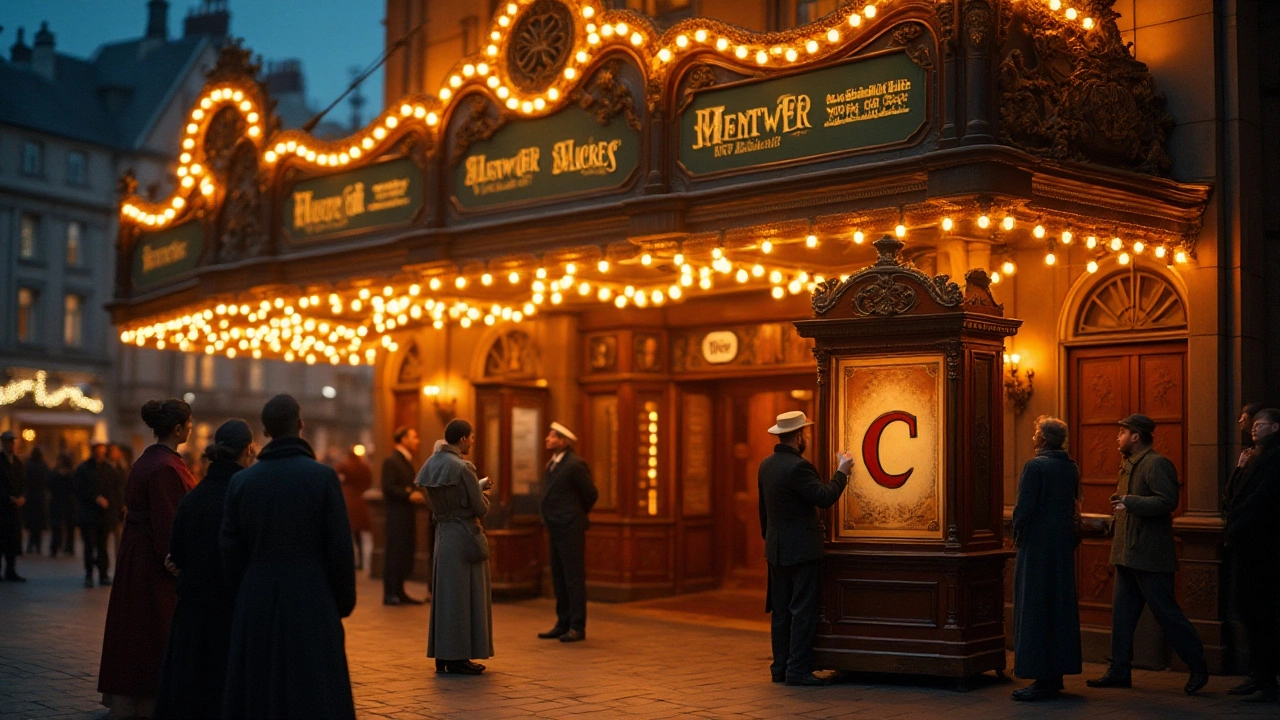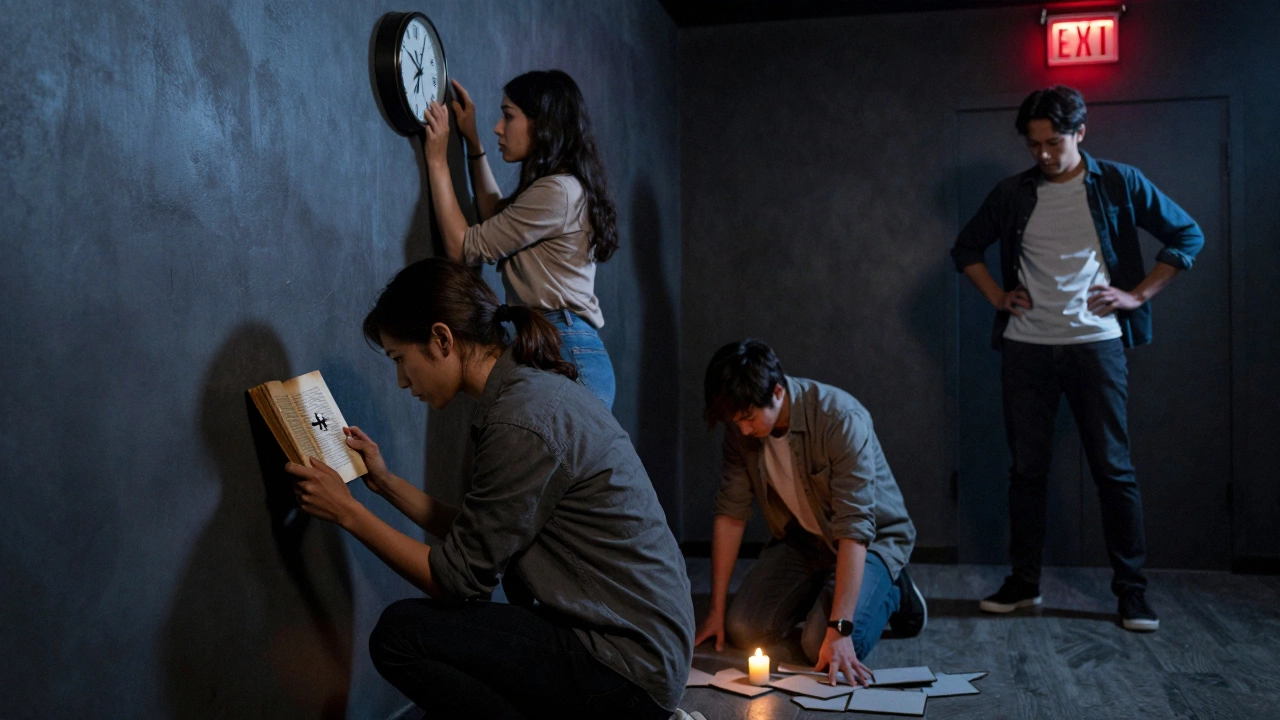Theatre Terminology: Simple Guide to Stage Words & Jargon
If you love going to the theatre or dream of stepping on stage, you’ll hear a lot of words that sound like a secret code. Don’t worry – you don’t need a dictionary. Below is a plain‑English cheat sheet of the most useful theatre terms, plus a few tips on how to use them.
Basic Parts of a Play
Act – A large section of a play. Most shows have two or three acts, with a break in between. Think of it as a chapter in a novel.
Scene – A smaller division inside an act. A scene changes when the location or characters on stage change. When the lights go down and a new set appears, you’re usually entering a new scene.
Cue – The exact moment an actor, a light, or a sound starts. Cues are written in the script and called by the stage manager. Missing a cue is why rehearsals are so important.
Blocking – The planned movement of actors on stage. It tells you where to stand, when to walk, and how to interact with props. Good blocking makes the story clear and keeps the audience’s eye where you want it.
Stage Directions – Little notes in brackets that tell actors how to move, speak, or react. They’re the script’s GPS for the performers.
Positions, Areas, and Jargon
Upstage – The part of the stage farthest from the audience. If you’re told to move upstage, you’re stepping back.
Downstage – The area closest to the audience. Moving downstage makes you more visible and often more intimate.
Center Stage – The exact middle of the stage floor. It’s the most powerful spot because all eyes naturally gravitate there.
Proscenium – The framed opening that separates the stage from the audience in a traditional theatre. It’s like a picture‑frame you perform through.
Orchestra Pit – The lowered area in front of the stage where musicians sit. If you’ve ever felt the rumble of live music while watching a musical, that’s the pit.
Fourth Wall – The imaginary wall between actors and audience. When a character “breaks the fourth wall,” they talk directly to us, pulling us into the story.
Ensemble – A group of performers who work together, often without a single lead. Think of the chorus in a musical or the cast of a comedy sketch.
Solo – A performance by one actor, usually a song or monologue that showcases their skill.
These terms pop up in reviews, backstage conversations, and even in the playbill. Knowing them helps you follow the story better and sounds impressive when you chat with fellow theatre‑goers.
Want to remember these words? Try watching a show and jotting down any unfamiliar term you hear. Then look it up later – the repeat exposure cements it in your mind. Or, if you’re rehearsing with friends, call out the terms while you practice blocking. Turning jargon into a game makes learning fun.
Next time you walk into a theatre, you’ll recognize the language the crew uses and feel more at home on the stage. Whether you’re a casual audience member or an aspiring actor, mastering these basics gives you a backstage edge without any fancy training.
Understanding the Symbol 'C' in Theatre Productions
The world of theatre is rich with specific terms and symbols that bring unique context and meaning to its performances. 'C' is one such symbol, often associated with pivotal aspects of theater production. This article delves into the various interpretations of 'C', such as its significance in staging, script notes, and ticketing. Readers will gain insight into how these elements contribute to the theatre experience, enriching both the audience's understanding and performers' execution.






